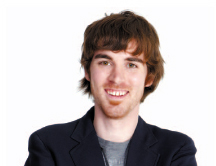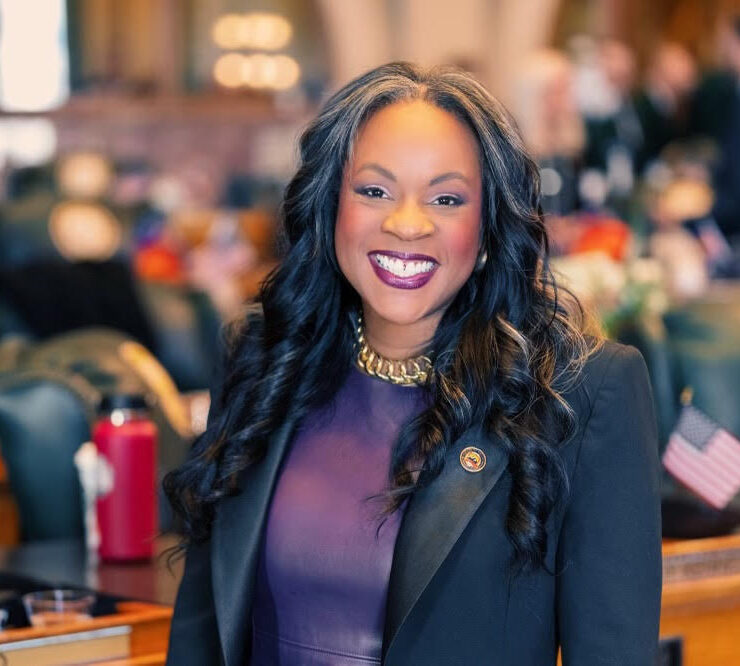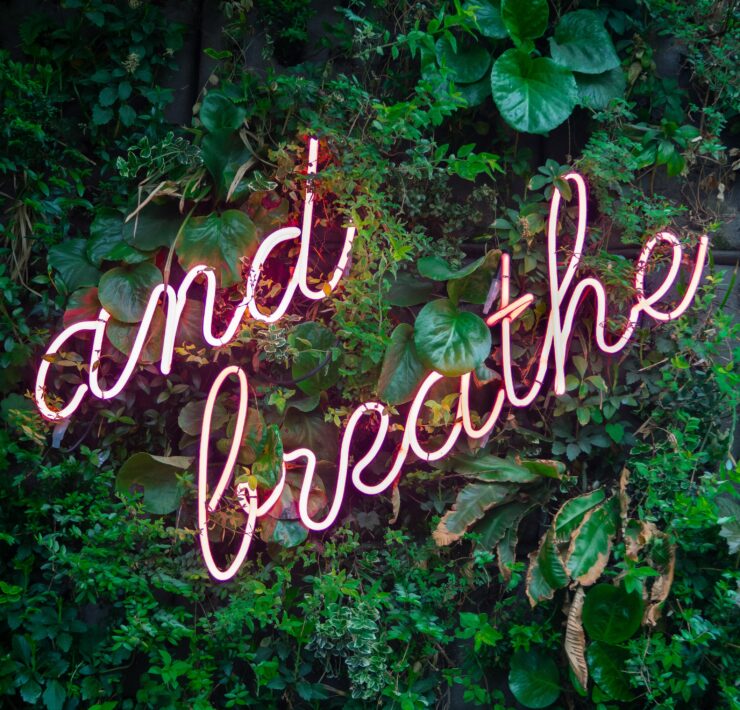From the Editor: Religion is more than theology

I grew up fiercely proud of being Catholic. My personal faith sidestepped obvious conflicts between the Church and LGBT interests – instead I saw American Catholics as advocates of religious diversity, charity and social justice.
My family – mostly Irish and Italian on both sides – told personal accounts of a not-so-long-ago past when American Catholics, most of whom were immigrants, were outsiders. President Kennedy – the first Catholic President – was our family’s hero, who’d been attacked for his religion and nearly lost the election because of it. Jesuit priests had helped spark the anti-war movement and Dorothy Day had translated the gospel into a call for worker’s rights. I thought Catholicism stood for immigrants’ rights, founding hospitals and charities, racial equality and the serving poor.
A family tale was that my Irish great-grandmother had three requests regarding who her son, my grandfather, would marry: His wife must be Irish, Catholic and a Democrat. When he married a second-generation Italian, she remarked that at least it was two out of three.
At one point I declared myself – to no controversy whatsoever in my family – a “cafeteria Catholic.” I thought the Book of Revelations was entirely metaphor, the Old Testament was mostly disproved by science and I didn’t believe there was a hell. Meanwhile, I scoffed when Evangelical schoolmates described the Catholic Church as a non-Christian cult. I did believe, quite ardently, in God, and was at Mass every Sunday. One Sunday, to my elation, a visiting priest gave a homily on compassion and nonjudgment toward people with AIDS, and that’s honestly what it was about. That’s honestly what religion was about.
With that understanding of Catholicism, it should have been no problem when I realized as a teenager I am gay. For a lot of LGBT people who remain in their childhood religions – if not by devout practice then by self-identity – it’s still no conflict.
Not in my case. Though the parish I grew up in was modernized – our priest allowed girls as altar servers, there was always music and when the Mass called for kneeling we stood instead – the youth program was the opposite. There, I was introduced to such theological gems as “if you commit mortal sin,” (which nearly every Catholic does at some point in her or his life – it includes skipping Mass, extra-marital sex and masturbation) “you will go to hell if you die without going to confession first.”
How awkward that a destiny as profound as heaven or hell comes down to luck and timing. How awkward that a “just” cosmos put so much weight on the religion a person is born into. How awkward that destructive sins like greed, abuse and hate are considered minor compared to an inconsequential orgasm.
We were instructed that homosexuals must be celibate – the way priests are celibate. But when news broke that dozens of Catholic priests had, for decades, been molesting prepubescent boys, gay people were scapegoats and there was talk that homosexuals should be banned from the priesthood. So lets get this straight: The ideal Catholic family life – one of marriage and children – was forbidden to gay people, yet a priesthood of celibacy was also out of the question? What, exactly, did the Bishops think gay people should do with their lives: move to the woods and write poetry?
After a few years of tortuous conflict, paralyzing fear, dismayed findings that what I was being taught really was Catholic doctrine (plus dismayed research hoping that somewhere in a library or the Internet would be solid evidence any religion really is true – and at this point I’m pretty confident no such evidence exists) – I gave it all up.
I left Catholicism carrying something resembling post-traumatic stress disorder. A sick feeling arose in my stomach whenever I came face-to-face with the rituals and traditions that had once meant so much to me. I think this is a common experience, though not as much as it was for gay Catholics 50 years ago.
There’s a saying some nonreligious and ex-religious people like: That it’s better to be “spiritual but not religious.” It’s a belief there really is a loving Cosmos an individual communes with, and it’s only when a bunch of other people get involved that things get messed up.
But as an ex-Catholic, a bunch of other people was what I once loved most about religion. The compassion, selflessness and accepting community of faith is much more useful than guessing who God is, and what he (or she) likes. The spiritual stuff – the theology – is what ruined religion for me.
And I have no doubt that in all the churches, synagogues, mosques and temples of the world, whose believers are sometimes scoffed as uncritical followers, 90 percent of why they’re there is because of a bunch of other people – their culture and community give them a place to belong. Most adherents are not theological experts; they’re ordinary people most of the time, and “religious” at the same occasions when communities gather – births, holidays, weddings, funerals. Fear of death isn’t why people turn to religion (nearly everyone still fears it no matter how devout they are). It’s fear of being alone.
Our cover story – about LGBT identities and sexuality in world faiths – is the way it is on purpose. It’s not about LGBT identities in world theologies; not about scripture or doctrine. It’s LGBT identity in world religions, which are complicated, uncategorizable, messy things, nine parts culture to one part dogma. Take it from me – I’ve spent a long time looking – we can run in circles for a lifetime trying to figure out what individuals, families, communities and congregations believe about unknowable things. You’ll get a different answer or story every day of the week.
Maybe it’s just the Social Justice Catholic in me – reincarnated as a Unitarian – but as far as we’re able to convey, religion is what people do.










